The USPTO and USCO Delivered a Report to Congress on IP Issues with NFTs – Maintains Existing IP Regime
Intellectual Property Law Blog
MARCH 13, 2024
The United States Patent and Trademark Office (“USPTO”) and the United States Copyright Office (“USCO”) delivered a report to Congress entitled Non-Fungible Tokens and Intellectual Property on March 12, 2024 (“Report”). While the Report is comprehensive, it does not recommend any new action to address IP issues with NFTs.

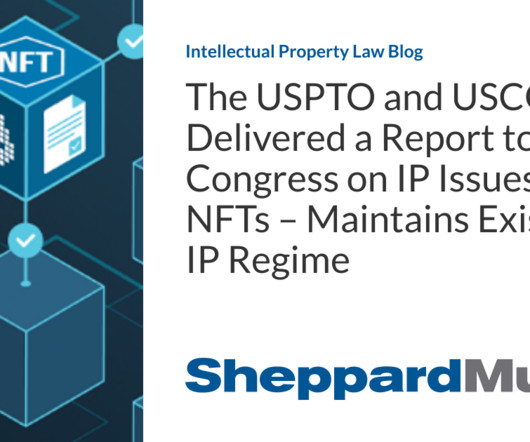
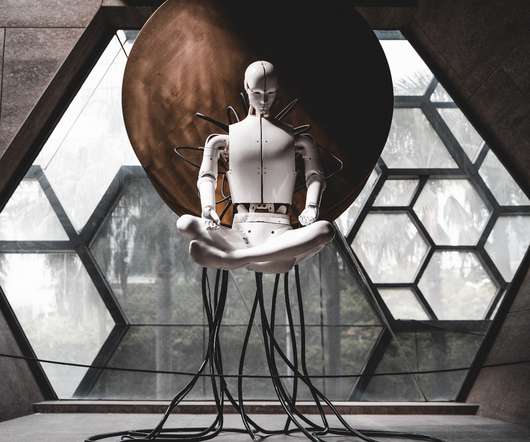

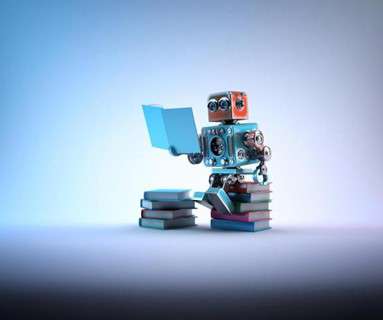
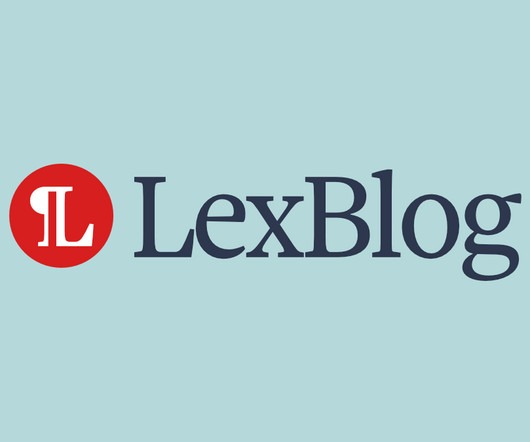
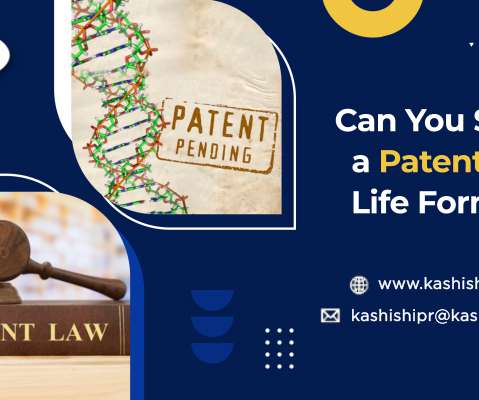
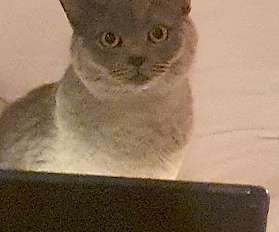

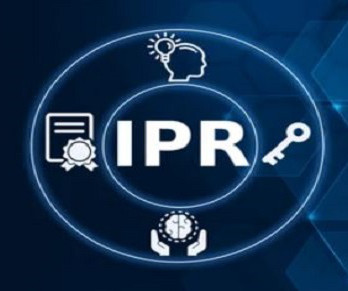
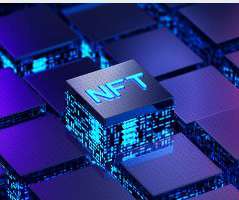



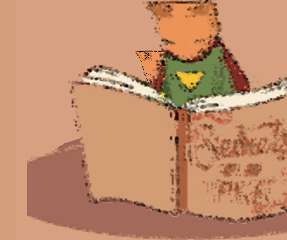
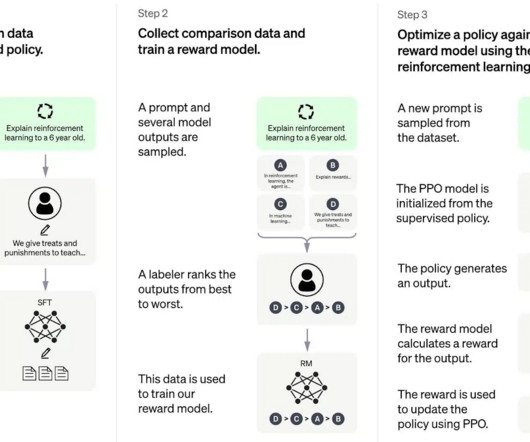

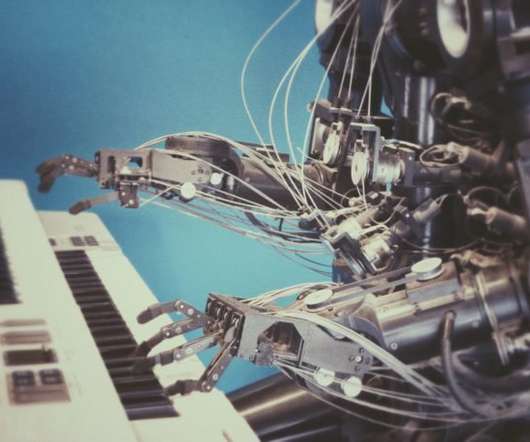






Let's personalize your content